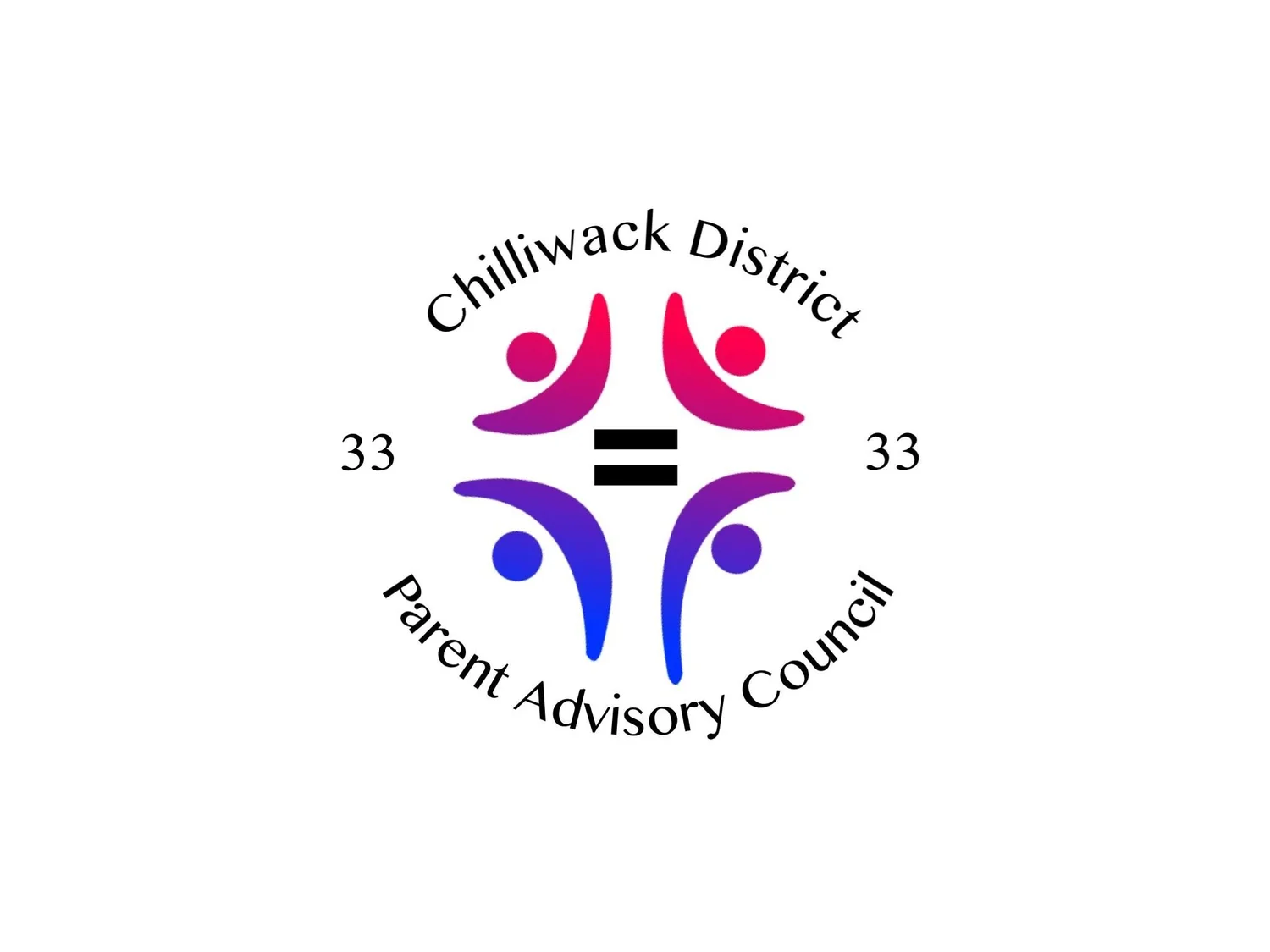How to Advocate for Your Child
Every child deserves an education that meets their needs, keeps them safe, and helps them thrive. As a parent or guardian, you are their most important advocate. Advocacy means speaking up respectfully, sharing your perspective, and working with others to create positive change. It’s not about confrontation, but about collaboration, problem-solving, and persistence. Whether you’re supporting your own child or working to improve the system for all students, DPAC is here to help you every step of the way.
Chilliwack School District has an online engagement platform called LET’S TALK SD33.
Here you can see their latest consultations, share ideas, discuss important topics, provide feedback on policy and planning, and contribute to the future success of our district.
Let your voice be heard!
Steps to Advocate for Your Child
Start at the school level
Talk with your child’s teacher first.
If the issue isn’t resolved, bring it to the school principal.
Document conversations, agreements and follow up steps.
2. Know your rights and responsibilities
Learn about district policies, the BC School Act, and your school’s Code of Conduct.
Keep records of communications and relevant documents.
3. Stay calm and focused
Prepare your points ahead of time.
Focus on moving forward, solutions and your child’s needs.
Avoid personal attacks and keep the conversation student-focused.
4. Involve your PAC
Share concerns that affect more than one student with your school’s Parent Advisory Council.
PACs can support you in raising issues to the principal and to DPAC when needed.
5. Know when to escalate
If the problem is not addressed adequately by the school principal the next step is your school’s district principal and then Superintendent. You can find who your school’s District Principal here.
Beyond your District Principal and Superintendent, there are a few different escalation routes depending on the nature of the problem. DPAC can help you know what your options are and support you through it.
How DPAC Can Help You Advocate
Listen — We can provide a listening and validating ear. You are not in this alone.
Clarify the process — We can help explain the steps, who to talk to, and how to keep things moving.
Provide resources — Templates for letters, guides to district policies, and information on parent rights.
Connect you with others — Link you to your PAC reps, other parents, or community organizations who have experienced or are working on the same issue.
Meeting support — We can help you prepare for school-based meetings and, if needed, attend alongside you as a supportive third party.
Support systemic change — If your concern points to a bigger problem, DPAC can raise it with the District or Board of Education.
Understand decisions — We can help explain outcomes and help you navigate next steps
Know your escalation options — When all the doors seem to be closed we can help you know what to do next.
Offer advocacy training — Learn skills and strategies to speak up confidently and effectively.
When to Reach Out to DPAC
Reach out when:
Your PAC realizes an issue that affects more than one school.
You’ve followed the school-level process (Teacher - Principal - District Principal) and the concern is still unresolved.
You need help understanding district policies or processes.
You want to bring forward an idea or proposal that could improve education for many students.
